7 Homemade Organic Fertilizers: DIY Recipes for a Thriving Garden
Homemade organic fertilizers are the secret to a thriving garden. You don’t need to rely on expensive, synthetic chemicals. Your plants will be stronger, greener, and be more productive. All this using only natural ingredients you can easily make at home!
These seven DIY fertilizers that we use in our garden at Suan Sook Homestay will:
- Enhance soil health,
- Strengthen roots,
- Stimulate flowering and fruiting,
- Supercharge plant growth.
Best of all, they’re eco-friendly, cost-effective, and simple to prepare.
Ready to nourish your garden the natural way? Let’s explore these powerful homemade organic fertilizers that will transform your plants from the ground up!
Photosynthetic Bacteria: The Ultimate Natural Plant Nutrient
When it comes to homemade organic fertilizers, Photosynthetic Bacteria (PSB) is our favorite. These microscopic organisms work wonders in the garden. They boost soil fertility, improve plant health, and enhance nutrient absorption.
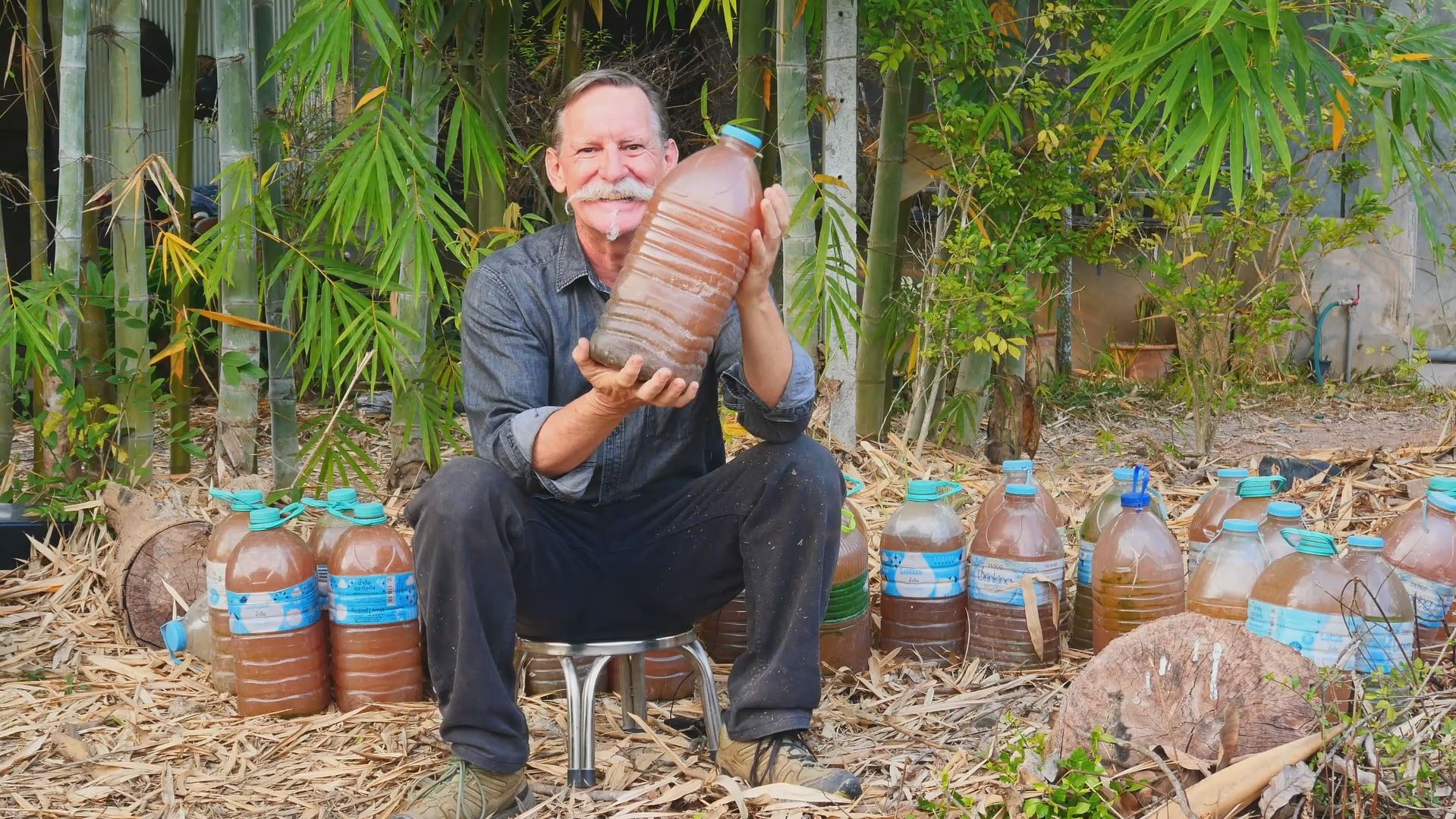
How Photosynthetic Bacteria Benefit Your Garden
Enhances Soil Fertility
PSB breaks down organic matter and enriches the soil with natural plant nutrients. This improves its structure and microbial diversity.
Promotes Plant Growth and Health
PSB produces natural growth hormones like auxins and cytokinins. These stimulate strong root development and vigorous shoot growth.
Fixes Atmospheric Nitrogen
Certain PSB strains can convert nitrogen from the air into a usable form. This eliminates reliance on synthetic fertilizers. Making PSB a DIY garden fertilizer powerhouse.
Improves Photosynthesis Efficiency
PSB optimizes chlorophyll production. This allows plants to absorb more sunlight for better energy conversion and higher yields.
Strengthens Plant Immunity
PSB produce antimicrobial compounds. These help protect against harmful bacteria and fungi, naturally boosting disease resistance.
Enhances Water Retention & Drought Resistance
Soil treated with PSB retains moisture more effectively, reducing the need for frequent watering.
Breaks Down Harmful Substances
These bacteria degrade toxins. Helping restore soil health and making them an essential tool for organic gardening.
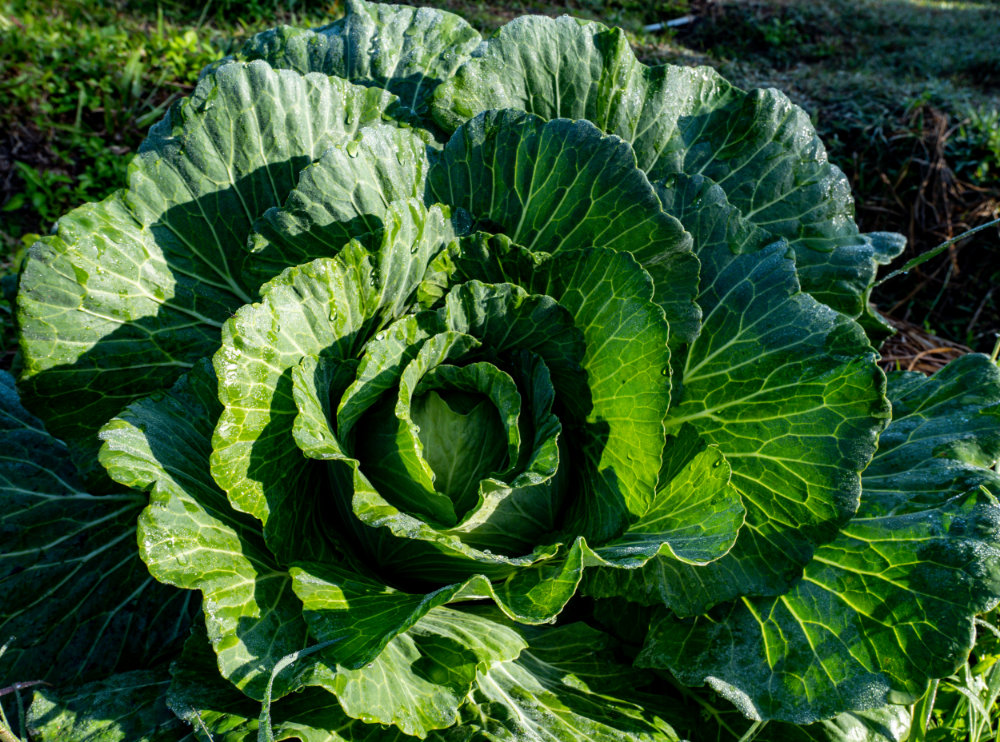
How to Make PSB Homemade Organic Fertilizer
Please watch this video to learn more about making your own photosynthetic bacteria plant food.
Why PSB Is the Best Homemade Organic Fertilizer for Your Garden
Unlike synthetic fertilizers, photosynthetic bacteria fertilizer is a sustainable, eco-friendly solution. It improves soil health, supports beneficial microbes, and enhances plant vitality.
Whether you’re growing vegetables, herbs, or fruit trees, PSB can help your plants thrive. Adding PSB to your homemade plant food routine improves soil health, strengthens roots, and enhances growth. This natural fertilizer gives your garden a powerful, chemical-free boost.
Banana Peel Tea: A Powerful DIY Homemade Organic Fertilizer
If you’re looking for an easy and effective way to nourish your plants, banana peel tea is a must-try.
This homemade organic fertilizer contains nutrients that promote healthy growth. It will also help plants grow strong roots and vibrant blooms. Best of all, it’s made from kitchen scraps, making it an eco-friendly and cost-effective solution for your garden.
Why Banana Peel Tea is a Great DIY Garden Fertilizer

Boosts Potassium Levels
Banana peels are rich in potassium. This is an essential nutrient for strong root development, flowering, and fruit production.
Provides Phosphorus for Growth
Phosphorus is crucial for healthy roots, seed production, and overall plant strength. Banana peel tea delivers this vital nutrient in an easy-to-absorb form.
Strengthens Plant Cell Walls with Calcium
Calcium helps prevent issues like blossom end rot in tomatoes and peppers while improving plant structure.
Enhances Photosynthesis with Magnesium
Magnesium supports chlorophyll production. This helps plants absorb more sunlight and produce more energy.
Encourages Beneficial Microbial Growth
The natural sugars in banana peels feed beneficial microbes in the soil, improving soil health and fertility.
Acts as a Natural Pest Repellent
Spraying diluted banana peel tea on leaves can help deter aphids and other garden pests.
Eco-Friendly and Sustainable
This homemade plant food repurposes kitchen waste into a chemical-free fertilizer. This reduces food waste while nourishing your garden.

How to Make Banana Peel Tea for Your Plants
Making banana peel tea is simple and requires only a few ingredients:
- Chop banana peels – Cut them into small pieces to release nutrients more quickly.
- Soak in water – Place the peels in a jar or bucket and fill it with water. Let it sit for 24–48 hours to allow the nutrients to infuse.
- Strain and dilute – Remove the peels and dilute the tea with more water (about 1 part tea to 5 parts water).
- Apply to plants – Use it as a soil drench or foliar spray to boost plant health and growth.
Why Banana Peel Tea is the Best Homemade Organic Fertilizer for Your Garden
This DIY organic fertilizer is easy to make, nutrient-rich, and completely natural. It’s great for flowers, vegetables, or fruit trees, because banana peel tea provides essential minerals. These minerals help plants grow stronger, resist disease, and produce more blooms and fruit.
Bat Manure Tea: A Powerful Natural Fertilizer for Your Garden
Looking for a nutrient-rich DIY garden fertilizer that delivers fast results? Bat manure tea, also known as guano tea, is one of the most powerful homemade organic fertilizers you can use.
Why Bat Manure Tea is an Amazing Homemade Organic Fertilizer
High in Nitrogen for Lush Growth
Nitrogen promotes vigorous leafy growth, making bat guano tea perfect for vegetables, herbs, and leafy greens.
Rich in Phosphorus for Strong Roots
Phosphorus is essential for root development, flowering, and fruit production. This makes bat manure tea a great choice for fruiting and flowering plants.
Boosts Plant Health with Potassium
Potassium strengthens plant cells, improving disease resistance and overall plant vitality.
Enhances Soil Structure
When applied to soil, guano improves aeration, enhances water retention, and encourages beneficial microbial activity.
Provides Beneficial Microorganisms
Bat manure contains living microbes. These help break down organic matter, making nutrients more accessible to plants.
Fast-Acting and Highly Absorbable
As a liquid organic fertilizer, guano tea delivers nutrients quickly to plants, ensuring fast and visible results.
Natural Pest Deterrent
Some gardeners report that bat guano helps repel harmful soil pests, contributing to a healthier garden.

How to Make Bat Manure Tea at Home
Creating bat manure tea is simple and requires just a few steps:
- Gather bat guano. Use commercially available bat manure or collect it from a safe, uncontaminated source.
- Mix with water. Add 3 tablespoons of guano per 10 liters of water. Stir well.
- Let it steep. Allow the mixture to sit for two weeks, stirring occasionally. This helps release the natural plant nutrients into the water.
- Strain and apply. Remove any solid particles and use the liquid as a soil drench or foliar spray. Always dilute before applying to avoid over-fertilization.
Why Bat Manure Tea is the Best Organic Fertilizer for Your Garden
This homemade plant food works fast, is full of nutrients, and is good for the environment. It gives plants important minerals to help them grow strong, produce more flowers, and grow healthier fruit. Bat manure tea is a powerful, natural fertilizer that will help your garden thrive.
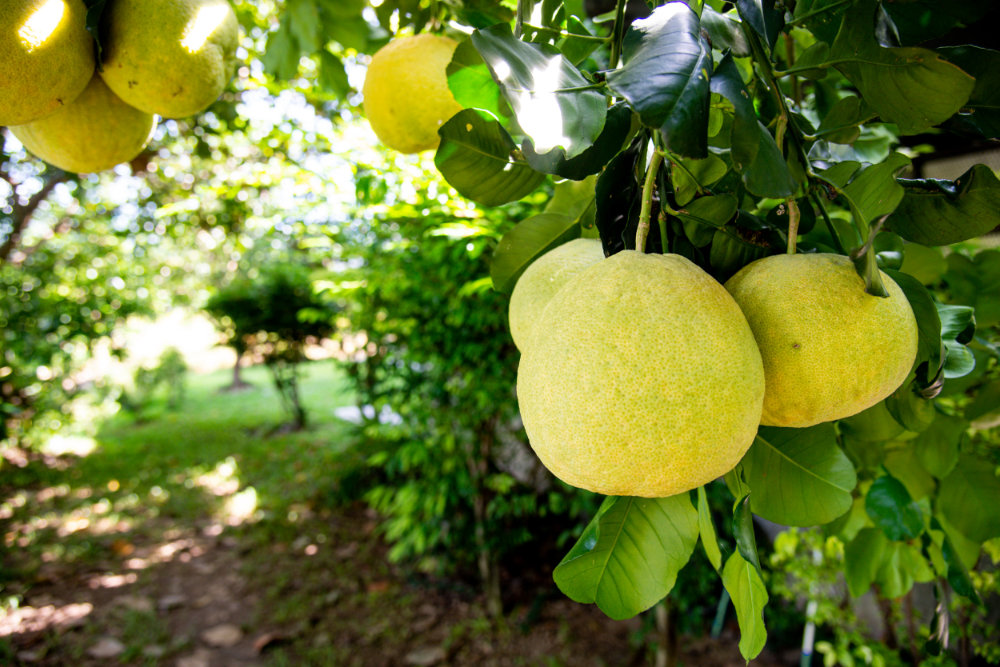
Comfrey and Tomato Plant Tea: A Natural Boost for Your Garden
If you want a simple and effective way to feed your plants, comfrey and tomato plant tea is a great option. This natural fertilizer is easy to make and packed with nutrients.
Why Comfrey and Tomato Plant Tea is Great for Your Garden
Rich in Potassium
Comfrey and tomato plants are high in potassium, which helps plants produce flowers and fruit. This nutrient also strengthens plant cells and boosts plant immunity.
High in Nitrogen
Nitrogen promotes leafy growth and helps plants develop healthy stems and leaves. This makes it perfect for vegetables and herbs.
Improves Soil Health
The nutrients from the tea feed beneficial microbes in the soil, which improve soil structure and fertility over time.
Fast-Acting
As a liquid fertilizer, comfrey and tomato plant tea provides quick nutrition that plants can absorb easily.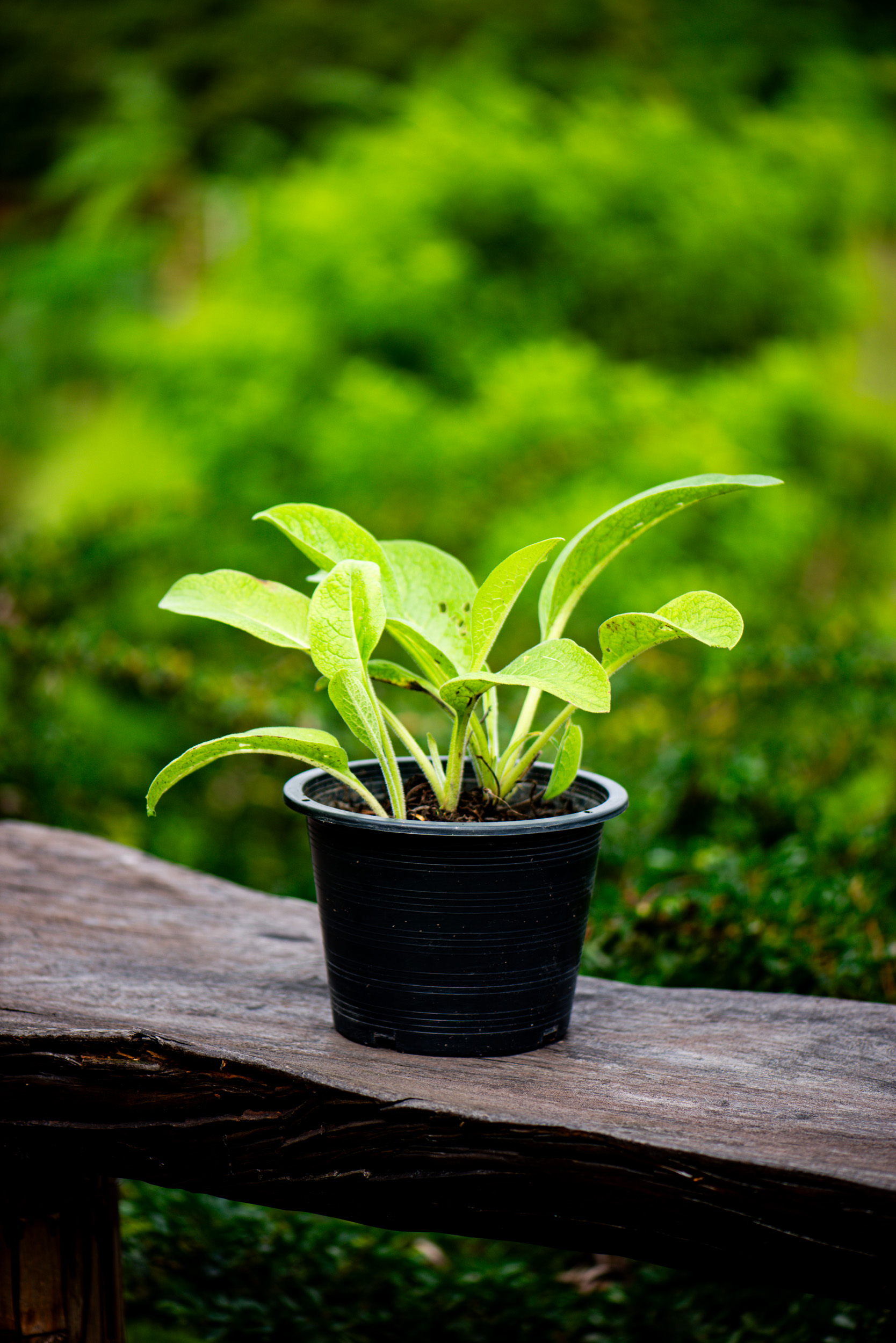
How to Make Comfrey and Tomato Plant Tea
- Gather your plants – Use fresh comfrey leaves and tomato plant scraps (stems, leaves, or even the leftovers from your harvest).
- Soak in water – Place the leaves or scraps in a container and cover them with water. Let it steep for about 2-3 months.
- Strain and dilute – After steeping, strain out the plant material and dilute the liquid with water (about 1 part tea to 5 parts water).
- Apply to plants – Pour the tea onto the soil around your plants or use it as a foliar spray on the leaves.
Why Comfrey and Tomato Plant Tea is a Must-Have Homemade Organic Fertilizer
This DIY organic fertilizer is an easy and natural way to nourish your garden. It’s a simple, cost-effective, and eco-friendly solution that supports sustainable gardening practices.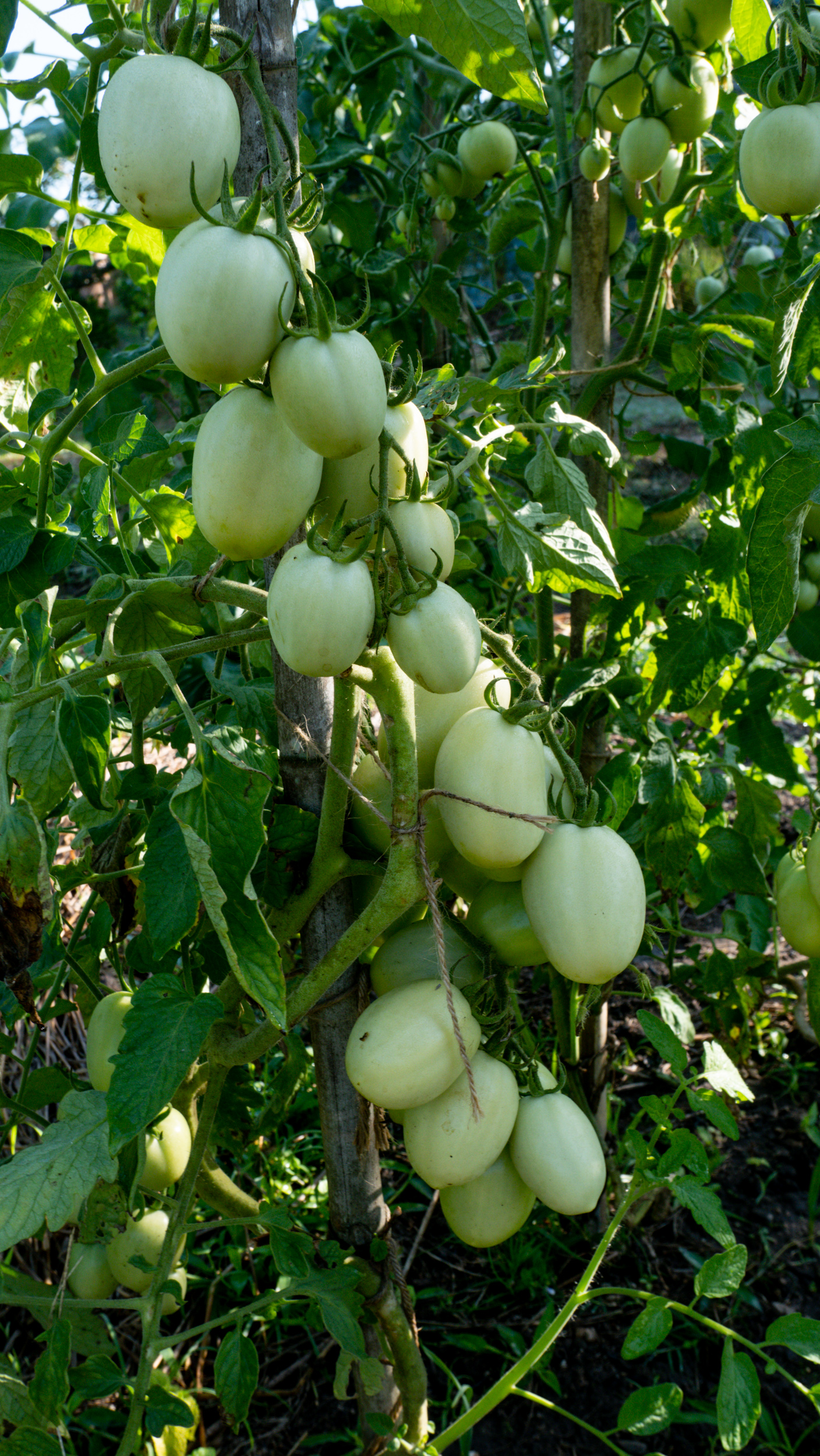
Eggshells and Vinegar: A Simple Natural Fertilizer
Using eggshells soaked in vinegar is a great way to make a natural fertilizer that benefits your plants. This homemade solution is packed with calcium and other nutrients that can help your plants grow stronger and healthier.
Why Soak Eggshells in Vinegar?
Soaking eggshells in vinegar is important because it helps break down the hard outer shell.
Eggshells are mostly made of calcium carbonate. This is difficult for plants to absorb. When you soak them in vinegar, the acid in the vinegar reacts with the calcium carbonate, turning it into calcium. It is then easier for plants to use. This process also releases other nutrients like magnesium and trace minerals.
Benefits of Eggshell and Vinegar Fertilizer
Calcium for Stronger Plants
Calcium helps plants build stronger cell walls, which prevents issues like blossom end rot in tomatoes and peppers. It also helps plants absorb other nutrients more efficiently.
Improves Soil pH
Soaking eggshells in vinegar can slightly lower the pH of the soil. This then benefits acid-loving plants like tomatoes, peppers, and strawberries.
Promotes Healthy Root Growth
Calcium helps plants develop strong, healthy roots that can better absorb water and nutrients from the soil.
Eco-Friendly and Easy to Make
This is an inexpensive and sustainable fertilizer that you can easily make at home with materials you likely already have.
How to Make Eggshell and Vinegar Fertilizer
- Collect eggshells – Save your eggshells from cooking and crush them into small pieces. Dry them in the sun or gently fry them in a pan. This helps kill off any residual bacteria from the eggs.
- Soak in vinegar – Place the crushed shells in a jar and cover them with vinegar. The vinegar will start to bubble and fizz as it breaks down the calcium. Let it sit for about 5-10 days.
- Dilute the solution – After soaking, strain the mixture and dilute it with water (about 1 part vinegar solution to 5 parts water).
- Apply to your plants – Pour the diluted solution directly onto the soil around your plants or use it as a foliar spray on their leaves.
Why Eggshell and Vinegar Fertilizer is So Effective
Soaking eggshells in vinegar turns them into a fast-absorbing, natural fertilizer. By providing calcium and other essential nutrients, it supports stronger roots, better disease resistance, and plant vitality. This easy-to-make homemade fertilizer is perfect for gardeners who want a simple, natural way to boost their plants’ growth.
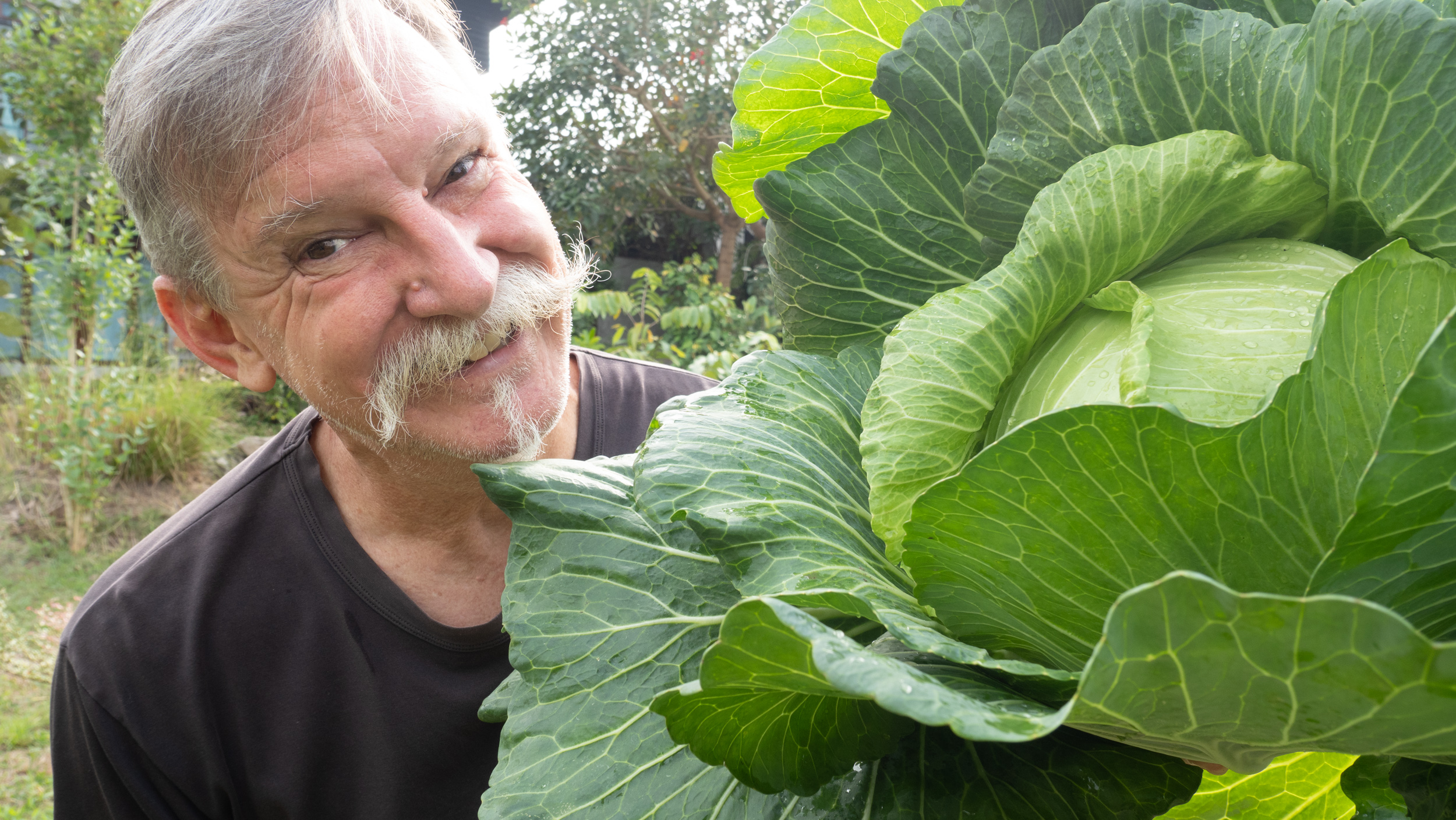
Worm Castings Tea: A Powerful Natural Fertilizer
Worm castings tea is one of the most effective homemade organic fertilizers you can make. It’s packed with nutrients and beneficial microbes that help your plants grow healthier and stronger. Using worm castings tea gives your garden a natural boost without the need for chemicals.
Why Soak Worm Castings to Make Tea?
Soaking worm castings in water allows the nutrients and beneficial microbes in the castings to dissolve.
Worm castings contain essential nutrients like nitrogen, phosphorus, and potassium. But when they are not soaked, these nutrients are harder for plants to absorb. By steeping the castings in water, you create a liquid fertilizer that is easy for your plants to take up quickly.
This process also helps the microorganisms in the castings spread throughout the soil. This improves soil health and plant resilience.
Benefits of Worm Castings Tea
Rich in Nutrients
Worm castings are naturally high in nitrogen, phosphorus, and potassium, which help plants grow strong and healthy. These nutrients are essential for healthy leaves, strong roots, and vibrant flowers.
Boosts Soil Microbiology
The beneficial microbes in worm castings help break down organic matter and improve the soil structure. These microbes help plants absorb nutrients more efficiently. They also protect them from harmful pathogens.
Improves Plant Health
Worm castings tea strengthens plants. It makes them more resistant to pests, diseases, and environmental stress. The nutrients and microbes help plants fight off infections and grow better overall.
Fast-Acting
As a liquid fertilizer, worm castings tea delivers nutrients quickly to plants. This ensures faster growth and visible improvements.
How to Make Worm Castings Tea
- Collect worm castings – If you have a worm bin, collect the castings. You can also buy them from gardening stores.
- Soak the castings – Add 1-2 cups of worm castings to a bucket of water (about 5 liters). Stir well and let the mixture sit for 24-48 hours. This allows the nutrients and microbes to dissolve into the water.
- Strain the tea – After soaking, strain the mixture to remove any solid pieces of worm castings.
- Apply to plants – Use the liquid as a soil drench by pouring it around the base of your plants, or use it as a foliar spray by spraying it directly onto the leaves.
Why Worm Castings Tea is So Effective
Worm castings tea is an amazing natural fertilizer that provides fast-acting nutrients. It also encourages healthy soil.
Soaking the castings in water makes the nutrients and microbes easy for your plants to absorb. This helps them grow stronger, resist diseases, and thrive naturally. Whether you’re growing vegetables, flowers, or fruit, worm castings tea is a fantastic addition to your garden care routine.
Blood and Bone: A Natural Fertilizer for Healthy Plants
Blood and bone meal is a popular natural fertilizer that provides essential nutrients to plants. It’s especially useful for promoting strong growth and healthy blooms. Using blood and bone as a fertilizer is a great way to nourish your garden naturally, without the need for chemical fertilizers.
Why Use Blood and Bone Fertilizer?
Blood and bone meal is full of nitrogen, which helps plants grow strong leaves. It also contains phosphorus, which helps plants grow healthy roots and flowers. These nutrients are released slowly into the soil, giving your plants a steady supply of food.
Soaking blood and bone meal before using it in your garden helps the nutrients dissolve better in water. This makes it easier for plants to absorb the nutrients. Soaking also helps improve the soil, making it easier for plant roots to take up the nutrients.
Benefits of Blood and Bone Fertilizer
Promotes Leafy Growth
The high nitrogen content in blood and bone meal supports healthy, lush leaves and stems. This is especially important for leafy vegetables like spinach, lettuce, and cabbage.
Supports Root and Flower Development
Phosphorus helps plants grow strong, deep roots and encourages flowering and fruiting. If you want bigger blooms and more fruit, this fertilizer is ideal.
Slow-Release Nutrients
Unlike synthetic fertilizers that give a quick burst of nutrients, blood and bone provides a steady, slow-release supply of nutrients. This helps plants grow consistently without the risk of nutrient burn.
Improves Soil Health
Blood and bone meal helps break down organic matter in the soil, improving the overall soil structure. This makes the soil more fertile and easier for plants to grow in.
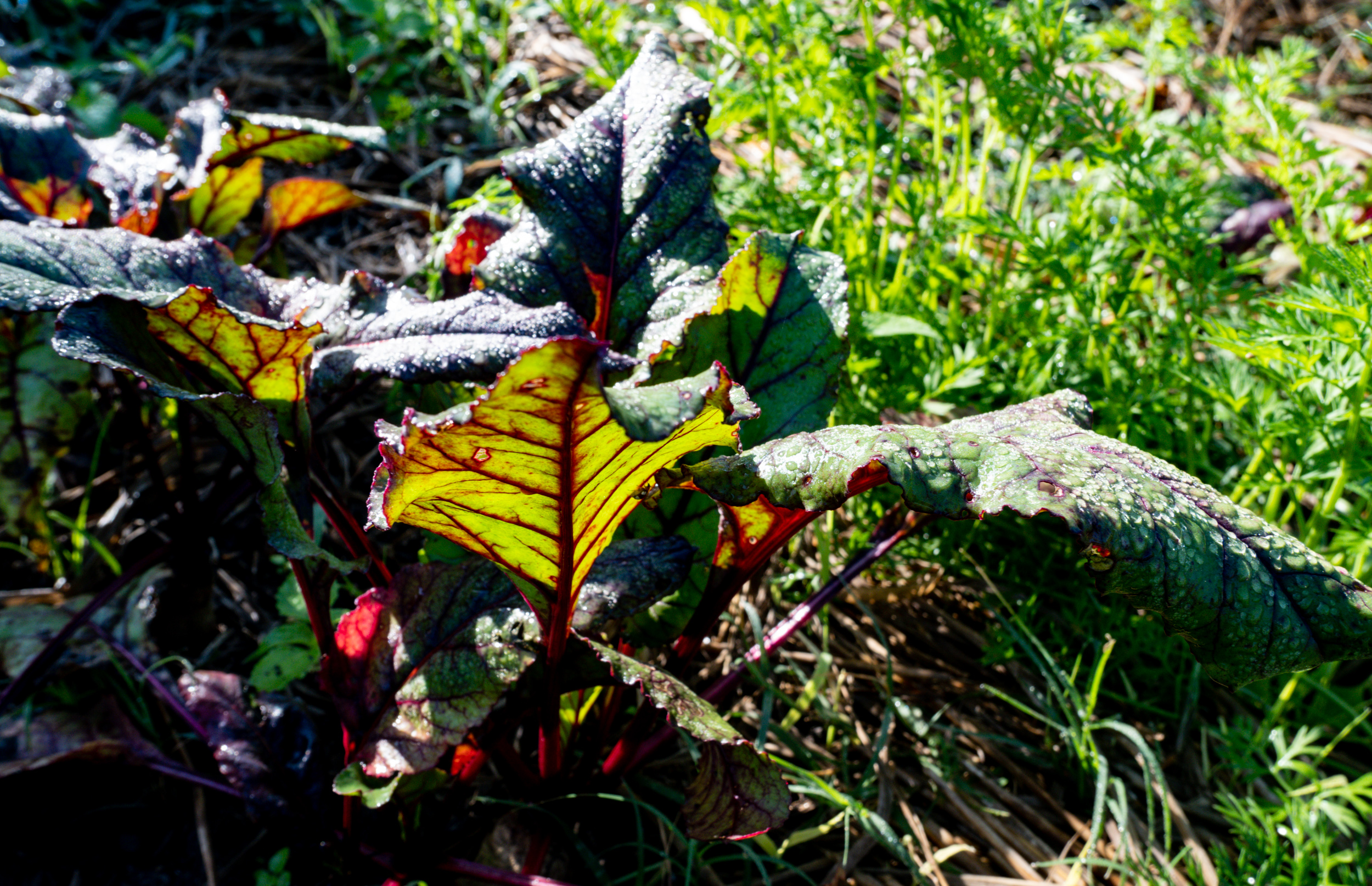
How to Use Blood and Bone Homemade Organic Fertilizer
- Measure the fertilizer – Depending on the size of your garden, mix about 2-4 tablespoons of blood and bone meal per gallon of water (around 3.8 liters). This will provide the right concentration of nutrients for most plants.
- Mix with water – Stir the blood and bone meal into the water and let it sit for about 24 hours. This helps the nutrients dissolve into the water, making it easier for the plants to absorb.
- Apply to plants – Use the mixture to water your plants or pour it directly onto the soil around the base of your plants. Avoid splashing it onto the leaves, as this could cause burning.
Why Blood and Bone is So Effective
Soaking blood and bone meal in water before using it in your garden helps release the nutrients faster, making it easier for plants to use. Since this fertilizer releases nutrients slowly, it’s great for keeping your plants healthy in the long run. It helps your plants grow strong leaves, healthy roots, and beautiful flowers. Blood and bone meal is an important tool for any organic gardener.
Expect Great Results from Your Homemade Organic Fertilizers
Homemade organic fertilizers are cost-effective and eco-friendly. They will certainly boost the health and productivity of your garden.
By using natural ingredients for your homemade organic fertilizers like:
- photosynthetic bacteria,
- banana peel tea,
- bat manure tea,
- comfrey/tomato tea,
- Eggshells and vinegar,
- worm castings tea,
- and blood and bone meal,
you can provide your plants with the nutrients they need to grow stronger, produce more flowers and fruit, and resist diseases.
These simple DIY solutions not only nourish your plants but also improve the soil. They will all help your garden become more sustainable and vibrant in the long run.